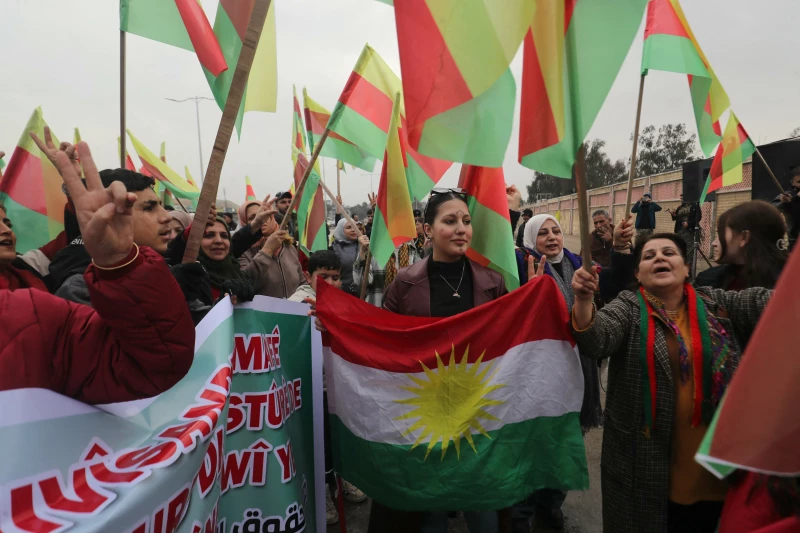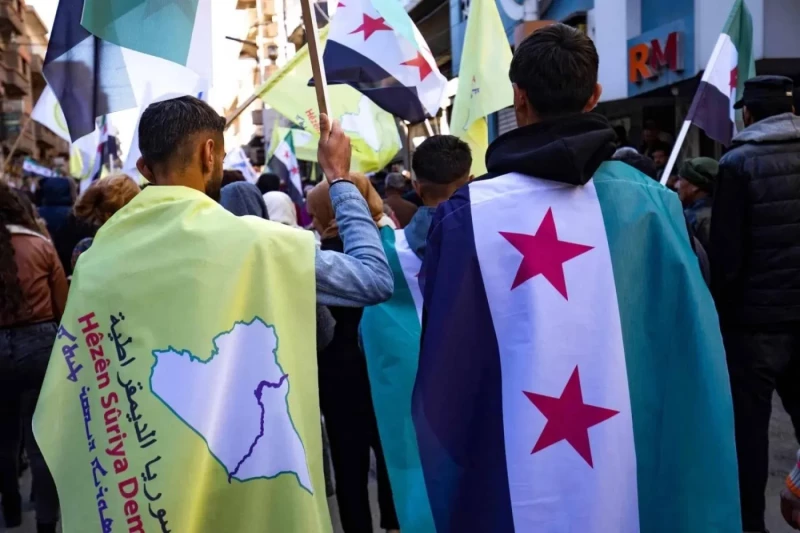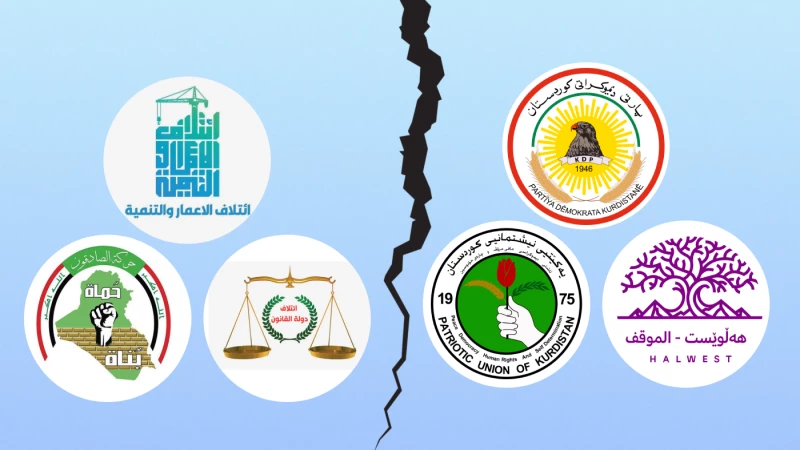Turkey has rewritten three constitutions so far. The 1924 constitution, which was adopted after the establishment of the Republic of Turkey, replaced the 1876 Ottoman constitution. It emphasized a centralized and unified state, with a strong focus on secularism and nationalism under the leadership of Mustafa Kemal Ataturk.
The 1961 constitution was drafted by the generals after the 1960 military coup. After the 1971 military coup, the 1961 constitution was extensively amended. The 1982 constitution, which was rewritten after the 1980 military coup under the supervision of the generals, is known as a constitution that has such a dry and narrow framework that any party that adheres to it will lose its characteristics. The same is true even for the Turks and the country’s Islamists.
The constitution concentrates Turkish power in the executive branch and restricts the freedoms and rights of minorities. Turkey's current constitution, which is the same as the 1982 military constitution, has been criticized for restricting cultural and political freedoms compared to the 1961 and 1970 constitutions. In particular, it denies the existence of ethnic minorities such as the Kurds. This prompted a major civil war in which tens of thousands of people were killed and Turkey's reputation was tarnished internationally.
In light of the Treaty of Lausanne, the Constitution recognizes only Greeks, Armenians, and Jews as minorities. According to Article 42, languages other than Turkish are prohibited. After 2002, some facilities have been provided for the Kurdish language, but not based on changing the constitution or amending the law.
One of the initiatives was that the Turkish government in 2009 launched a democracy marketing called Democratic Opening “aimed at improving human rights for Kurdish citizens and resolving the long-standing problems of the Turkish state with the Kurdistan Workers Party (PKK). Languages other than Turkish are not allowed for election campaigning, nor are they taught at universities, most notably Kurdish, which is spoken by an estimated 20 million Kurds.
I agreed with Ozal Varol, who in an article titled “Foreign Citizens: Kurds and Citizenship in the Turkish Constitution” describes how the Turkish constitutional framework has marginalized its Kurdish population. Article 66 of the Turkish constitution states that “Everyone bound to the Turkish State through the bond of citizenship is a Turk,” something effectively imposing an individual ethnic identity that many Kurds reject. This constitutional definition has led to the Kurds being treated as “foreign citizens”.
An article by Matin Hepper titled “The Sovereign State: Turkish Policy and the Kurdish Question”, published in 1983, a year before the armed conflict between Kurds and Turks, interestingly argues that the Turkish government's policies have historically aimed to integrate the Kurds into a unified national identity, often at the expense of suppressing Kurdish cultural and political expression. Forty years later, the OSW Center for Oriental Studies commentary published an article titled “Kurds in Turkey – Waiting for a Turning Point” on November 27, 2024, which examines the ongoing conflict between the Turkish state and the Kurdish population. The report highlights the profound nature of the Kurdish issue, which affects various aspects of Turkish life, including politics, society, economy, security, and foreign policy. It highlights the historical context of the conflict dating back to the early years of the Turkish Republic and the rise of the PKK.
A most recent glimmer of hope from Turkey’s parliament to normalize Turkish-Kurdish relations was ruined following the Kahramankazan attack on October 23, 2024.
Turkey must solve the Kurdish problem. Turkey has the largest Kurdish population. When the Republic of Turkey was established, the Kurdish population was less than 2 million. It is now estimated to be around 20 million or even more.
There were 150,000 Kurds in Syria when the Syrian state was formed, and now there are about three million. Syrian and Iraqi Kurds now have their own territory, geography, and ability to govern, which has frightened Turkey that the Kurdish majority in Turkey is demanding the same status to gain control of their geography. The sign of changes in Syria at the end of 2024 has been a strong incentive for Turkey to advocate Kurdish-Turkish dialogue. Public opinion is more favorable now than in decades past.
The views expressed in this article are those of the writer and do not necessarily represent the position of The New Region's editorial team.

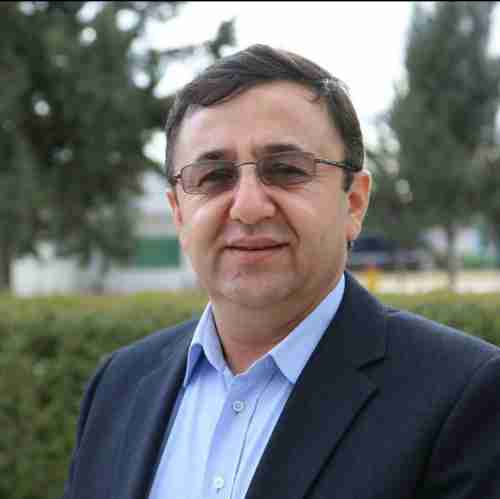
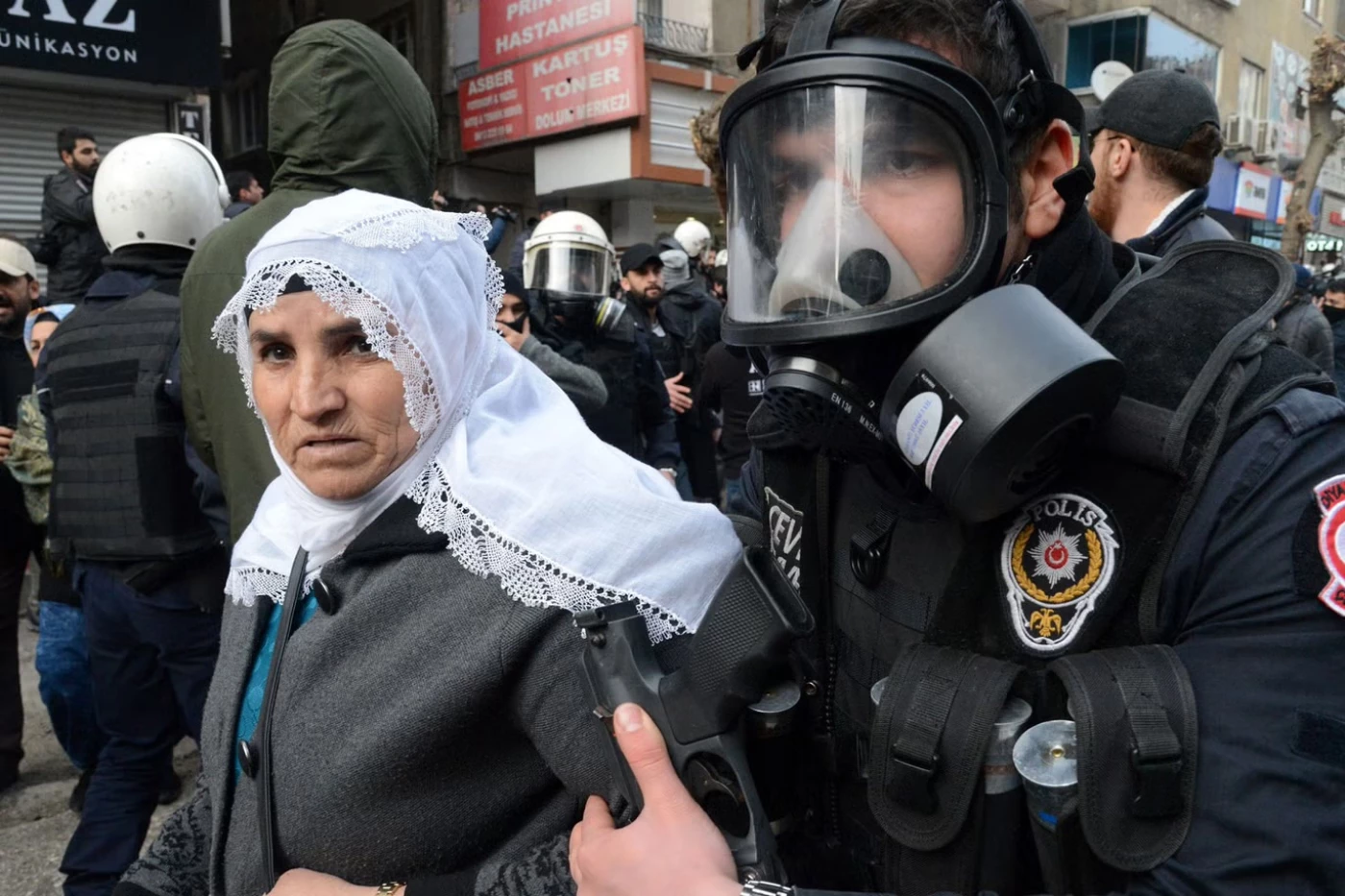
 Facebook
Facebook
 LinkedIn
LinkedIn
 Telegram
Telegram
 X
X
